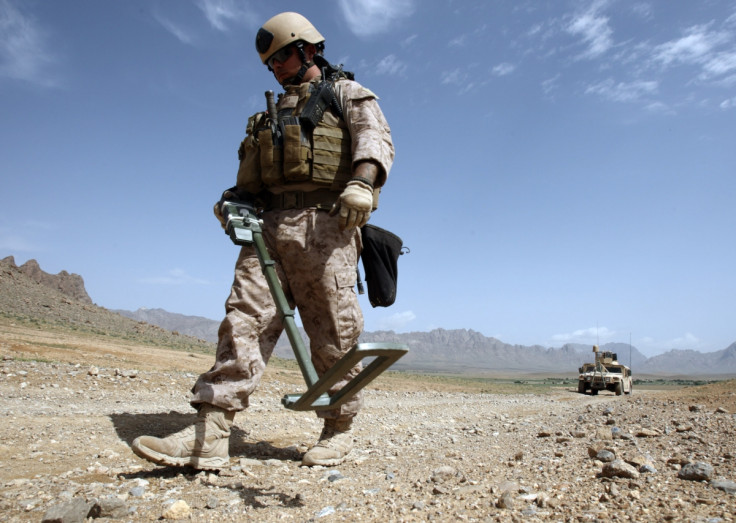US Landmines Ban: Republicans and Human Rights Activists Criticise Obama's Decision

The Obama administration's landmark decision that the US will no longer produce or acquire anti-personnel landmines has been criticised by both human rights activists and Republicans - but for opposite reasons.
The US announced the move as a first step towards joining an international treaty banning the weapons, which kill some 4,000 people a year around the world.
Anti-mine campaigners praised the decision, but said it didn't go far enough.
"While they are saying they are working toward banning them in the future, they are leaving open the option of continuing to use them in the meantime, which is kind of a contradictory way to approach things," Steve Goose, head of delegation for the International Campaign to Ban Landmines (ICBL), said. "They're bad enough to ban them, but we still want to use them."
The US has a stockpile of more than 9 million landmines, according to ICBL. Nevertheless, Goose said that it is not known to have used any since 1997 and has none deployed anywhere in the world.
Back in Washington the decision came under fire by Republicans who claimed it put at risk the lives of US soldiers.
The Republican leader of the House Armed Services Committee, Rep Howard "Buck" McKeon said Obama had ignored the advice of military leaders.
"The president owes our military an explanation for ignoring their advice and putting them at risk, all for a Friday morning press release."
McKeon cited a recent testimony by Gen. Martin Dempsey, chairman of the Joint Chiefs of Staff, who described landmines as an "important tool in the arsenal of the armed forces of the United States".
"Irresponsible landmine use by other countries has come at a high humanitarian price, but America isn't part of that problem. Indeed, we do more than any other country to clean up these irresponsible weapons," McKeon said.
The White House announced its decision during a conference in Maputo, Mozambique, discussing the Ottawa Convention on the prohibition of use, stockpile, production and transfer of landmines.
The US is not among the 161 signatory countries of the 15-year-old treaty. Former President Bill Clinton initiated the process, but the Bush administration halted it.
Obama ordered a review of the Bush policy when he was elected five years ago.
"Our delegation in Maputo made clear that we are diligently pursuing solutions that would be compliant with and ultimately allow the United States to accede to the Ottawa Convention," National Security Council spokeswoman Caitlin Hayden said.
The United States is the world's single largest financial supporter of humanitarian mine action and has given more than $2.3 billion in the past two decades to more than 90 countries to remove mines and other conventional weapons and to aid victims.
© Copyright IBTimes 2024. All rights reserved.






